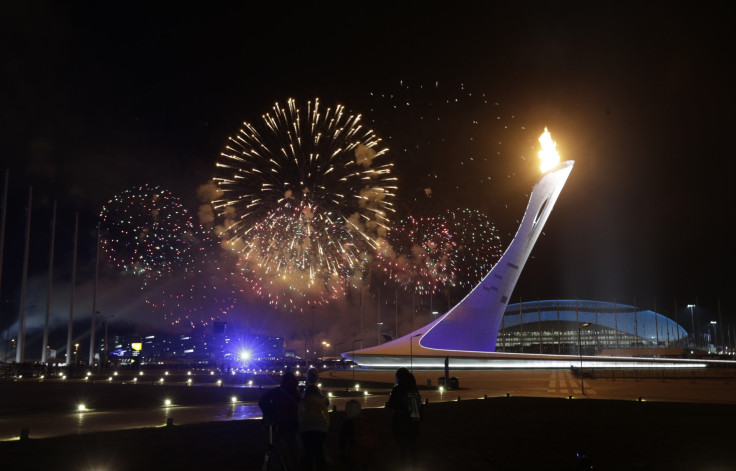Winter Olympics: A Look At Potential Host Cities For 2022

It wasn’t that long ago that bids to host the Winter Olympics were plentiful, and cities kept their fingers tightly crossed in hopes of being selected.
Due to various factors, few cities seem to want anything to do with the 17-day quadrennial sporting event. Multiple possible hosts have withdrawn their applications for the 2022 Games. The International Olympic Committee (IOC) is set to announce the candidate cities on July 8-9, then name the host July 31, 2015, in Kuala Lumpur, Malaysia.
Cost concerns, political unrest, and a lack of local support from residents have all contributed to a shortened list of candidates to succeed the 2018 Winter Olympics in Pyeongchang, South Korea. Stockholm, Sweden, along with Krakow, Poland, were considered leading contenders, but both have backed out. Chances are slim for Lviv, Ukraine, due to the country’s political turmoil.
Oslo, the Norwegian city that hosted the Winter Games in 1952, is a possibility, but public support has reportedly wavered on cost fears in the wake of the Sochi Games in February, the cost of which ballooned to $51 billion. Norway was a host nation in 1994, when the Games took place in Lillehammer.
That leaves Beijing, China, and Almaty, Kazakhstan, as the two remaining serious contenders. Neither city is considered an ideal candidate. Beijing hosted the Summer Games in 2008, and Almaty would represent yet another city from the former Soviet Union following the Sochi Games.
Meanwhile, both China and Kazakhstan have unfavorable human rights records. Many prominent world leaders decided to snub an invitation to attend the Sochi Games, presumably due in large part to Russia’s human rights violations and the government’s crackdown on gay rights. Negative press leading up to the Sochi Games was believed to have contributed to an overall shortage of foreign spectators.
Should the IOC choose Beijing, the Beijing National Stadium, also known as the Bird’s Nest, would reportedly be used for opening and closing ceremonies, making it the only venue to host both the Summer and Winter Olympic opening ceremonies. The reuse of the Bird’s Nest for a second Olympics may speak volumes about the challenges facing a host nation. When the Olympics are completed, there may be little need for some stadiums, forcing officials to question whether such large construction projects make financial sense.
While the pickings may be slim for 2022, the prospects may be brighter for 2026. The U.S. Olympic Committee reportedly has interest in bringing the games to the Rocky Mountain region in 2026. Quebec City, Canada, and Barcelona, Spain, are also interested in focusing on 2026.
A wild card entry for 2022 may be needed if something goes wrong with Beijing or Almaty. According to KSL.com, Salt Lake City, the site of the 2002 Winter Olympics, could be an option to host if things fall apart for the host city.
"We did not submit a bid. So the IOC would have to be in extreme circumstances to then come back and violate that process," Fraser Bullock, the former chief operating officer of the 2002 Winter Olympics, told the television station. "I think the odds are very low but the U.S. would stand ready to help."
Such a scenario has happened before. In 1972, Denver withdrew their bid for the 1976 Winter Olympics, which would eventually go to Innsbruck, Austria.
© Copyright IBTimes 2025. All rights reserved.






















